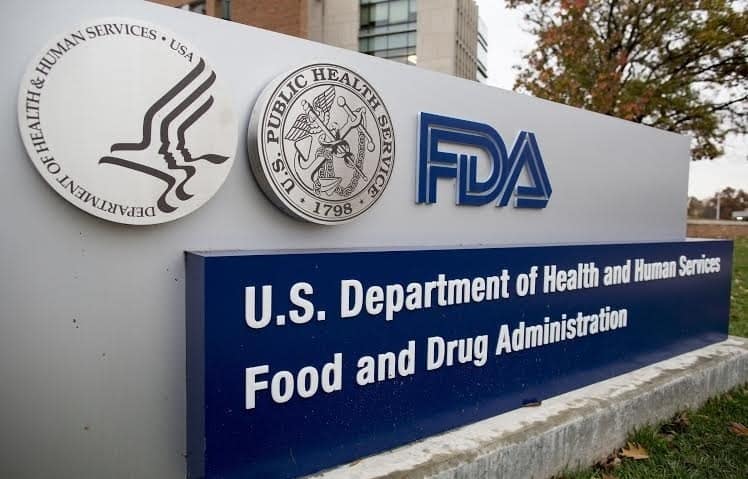The FDA is on the verge of slapping Acceleron Pharma with up to a $10,000 fine for failing to publish a summary of its trial data results on a cancer combo using its old med dalantercept.
The summary results information, which is the basic form of the data (without individual patient information), is required by federal law to be uploaded to the government trials site, ClinicalTrials.gov., within one year of a study being finished.
The FDA, which is in charge pf policing this, has had a light-handed approach, sending out more than 40 Pre-Notices of Noncompliance, which in essence are verbal warnings for those companies to get their acts together and comply, but not going beyond this.
But now, and perhaps in a sign of things to come, the FDA has for the first time decided to take actual potentially criminal action against a company that failed to do this: In the crosshairs is Acceleron Pharma and a trial for its now-defunct oncology asset dalantercept, which started a midstage trial all the way back in 2012 in kidney cancer and combined with Pfizer’s approved Inlyta.
In the end, Acceleron actually threw out the drug as it turned out to be a flop, but it is yet to release the summary results on ClinicalTrials.gov, which could cost it up to $10,000 in a fine. It has 30 days to comply.
“The FDA is authorized to seek civil money penalties for Acceleron’s violation, including additional civil money penalties if Acceleron fails to submit the required information within the 30-day period,” the FDA noted in a statement.
“The FDA takes its role in enforcing the ClinicalTrials.gov registration and results information submission requirements extremely seriously and we will continue to encourage voluntary compliance with these requirements,” it added, in what is a ominous response for the rest of the industry.
In the U.K. and Europe, concerns about delaying or even hiding data (usually negative trial results) from public scrutiny have been growing for the last decade or so, with pressure and lobby groups pushing governments and regulators to do more when it comes to keeping a consistent, transparent approach to publishing full trial results.
The U.S. has been a little slower to come around to the idea but the FDA now looks as if it may be turning a corner. Taking to Twitter, the acting (and perhaps future full-time) FDA Commissioner Janet Woodcock, M.D., said: “Transparency about the results of clinical trials is important for the integrity of the whole enterprise.”
Ben Goldacre, M.D., a co-founder of the AllTrials data transparency group and Bad Pharma author, said the threat of a fine was welcome but added that there was now “Only $19 billion more to go” when it comes to fines.
The tracker of studies that should have reported their results in the U.S., which came into full force only in 2018, believes the FDA could have raked in more than $19 billion in similar fines had it taken unilateral action. It tallies that only 72% of trials have so far been reported.

